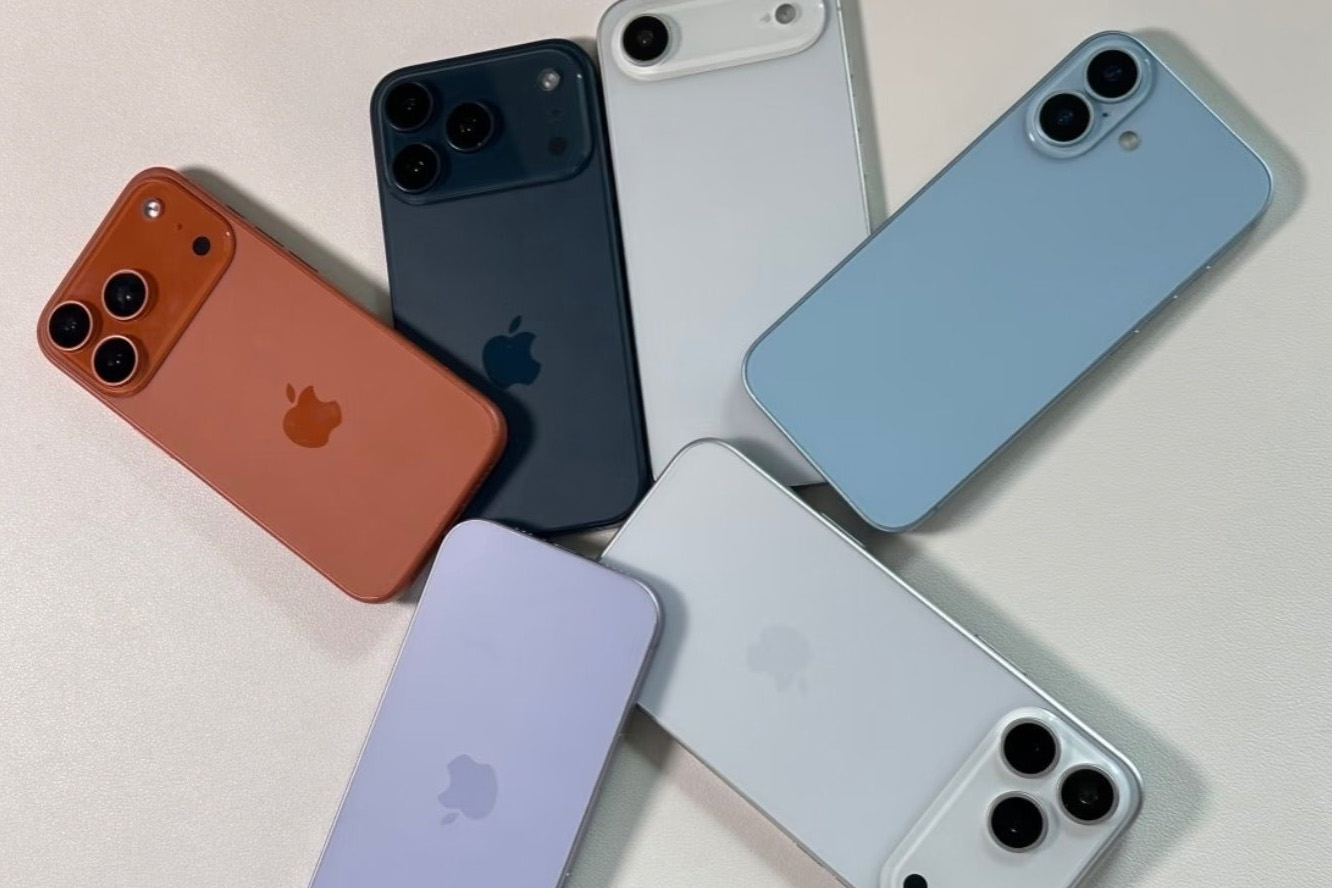This week, accessory maker Anker announced one of its most sweeping recalls to date. Due to a series of incidents resulting in fires, explosions, and minor burn injuries, Anker is recalling 1.1 million PowerCore 10000 power banks with model number A1263.
Anker recalls PowerCore 10000 power banks
Anker says affected models were manufactured between January 1st, 2016, and October 30th, 2019, and sold between June 1st, 2016, and December 31st, 2022. The company explains that there is a potential issue with the lithium-ion batteries in these power banks that causes them to overheat, leading to melting plastic, smoke, and fire hazards.
According to the U.S. Consumer Product Safety Commission, the recall was officially issued on June 12th, 2025, and affects around 1,158,000 units in all. Prior to the recall, Anker received 19 reports of fires and explosions caused by the power banks, resulting in two minor burn injuries and 11 instances of property damage totaling over $60,700.
The PowerCore 10000 recall comes just six months after Anker recalled thousands of Bluetooth speakers due similar concerns revolving around lithium-ion batteries.
What to do if you have a recalled power bank
If you own an Anker power bank, we’d recommend checking and make sure it isn’t an affected model. Once you have the PowerCore 10000 power bank in hand, find the product information on the side of the device. You’ll find a model number in the upper-left corner. If it says “A1263,” it’s part of the recall and needs to be properly disposed of.
The next step is to fill out Anker’s recall form. You’ll need to provide proof of purchase, product details, and photos of the device. If Anker confirms your power bank is part of its recalled batch, you’ll be able to choose between a $30 Anker gift card or a new, free power bank from Anker to replace the fire hazard currently sitting in your home.
At this point, you’re free to dispose of your power bank. Here’s how to do so safely:
Do not throw this recalled lithium-ion battery in the trash, in the general recycling stream (e.g., street-level or curbside recycling bins), or in used battery recycling boxes found at various retail and home improvement stores. Recalled lithium-ion batteries must be disposed of differently than other batteries, because they present a greater risk of fire. Your municipal household hazardous waste (HHW) collection center may accept this recalled lithium-ion battery for disposal. Before taking your battery to a HHW collection center, contact it ahead of time and ask whether it accepts recalled lithium-ion batteries. If it does not, contact your municipality for further guidance.
Once again, if you think there might be an Anker power bank sitting in a drawer somewhere in your house, it’s probably worth checking to make sure it’s not this one.










